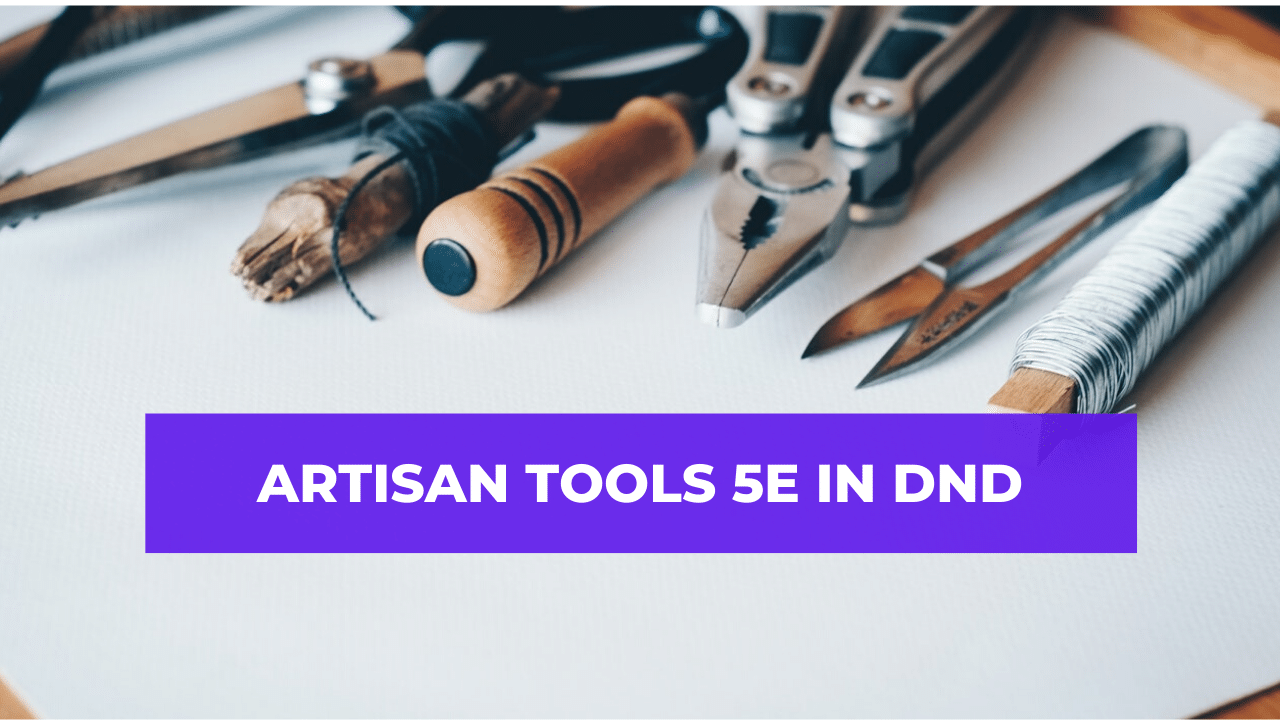The financial technology business, or fintech, has been growing quickly. By 2025, it is anticipated to be the global blockchain sector would be valuable at $460 billion, which will spur an explosion of brand-new fintech applications.
Partly because of the growth of internet-based banking, smartphone payments, and Fintech services.
Banking transactions are now less laborious and more practical than ever. It’s critical to thoroughly comprehend the processes and approaches if you want to develop Fintech technology. From conception to launch, this post will provide a comprehensive how-to about developing a Fintech application. Irrespective of your role—developer, project manager, or CEO—this blog will give you with the details and tools needed to create a profitable Fintech business.
How Do Fintech Apps Work?
Financial services like online banking, managing assets, tools for designing budgets, and digital payments are offered via fintech smartphone applications.
Modern technology and resourcefulness are used in applications involving fintech. They allow people and company owners an additional sane and discernible way to handle their financial matters.
Such programs often include features like record of transactions, immediate account status, and monetary information. You can connect to them using tablets, smart phones, and other mobile gadgets.
Banking apps have increased in popularity because to their inexpensive rates, easy-to-use user interfaces, and capacity to save users time as well as dollars.
Hiring dedicated mobile app developers is a smart move while these professionals bring a concentrated enthusiasm to projects and competently translate ideas into practical, user-centered design technological remedies.
Fintech App Development: What Is It?
This process of developing a mobile application that provides users with financial services is called “Fintech application development.”
Creating a Fintech app aims to safeguard the security and privacy of users’ financial information while offering a straightforward and practical user experience.
Trends in Fintech
Without a question, fintech is transforming the way that financial services are offered. Because of this, companies operating in this sector have started to look forward to innovative fintech developments that might impact the future course of banking and finance.
• A growing number of businesses and sectors have taken to the variety of goods and solutions that are provided by the finance technology industry.
· Because of its high acceptance rate, the goods and facilities are presently limited to the financial service sector.
• Without payment methods are no longer a possibility. In modern times, these are the most often used ways of paying.
• Corporations are developing innovative approaches towards client service as Fintech returns to the importance of satisfaction for customers.
• The satisfaction of the buyer is the first anxiety, whatever whether it involves safe transactions or accessibility round the clock.
• Since handheld devices are so widely used and easy to get to, users increasing do their banking practically.
A Methodical Approach to Developing a Fintech App
The steps involved in creating a Fintech application might be difficult to understand. As a result, we have produced the most thorough step-by-step tutorial to help you construct a Fintech app that meets expectations and accomplishes objectives.
Fintech Specialty
It’s important to identify your area of expertise before beginning the development process. It implies that you have to choose the kind of Fintech app you want to develop and the region of Fintech you want to focus on.
Alternatively, decide on your specialization after deciding on your areas of expertise or after deciding on the features you want in your app.
Selecting a specialization is crucial when creating a financial app. As a result, you want to analyze your target market first. Next, choose if you want to launch your Fintech solution.
If you wish to compete, it makes sense to provide a comprehensive solution. Among the plethora of financial tools, including budgeting apps, you need to stand out. Now that you have a niche, you need to legitimize your software.
Continue to Comply with the Law
After choosing a niche, make sure your application conforms to all relevant legislation in the areas where it is necessary.
Fintech apps use basic data. For this reason, you must make sure that it conforms to the law in order to guarantee the complete protection and privacy of your consumers.
Establish a Development Group
Generally speaking, offshore is the best and most productive approach to develop Fintech software since it gives you access to an array of highly skilled programmer while saving you time and cash.
They are going to respond to all of the queries you have and fulfill each scope’s predetermined necessities.
The assignment’s intricacy, timetable, and tech skills will have an impact on the team’s size.
For example, to construct a cross-platform Fintech app that functions on iOS and Android, you’ll need developers who know Flutter or React Native. Even though it will take longer to construct, you will simultaneously get two applications for two different platforms.
Create an MVP.
It seems vital to test your idea earlier than beginning the intricate procedure of implementation. An example of term known as a “Minimum Viable Product,” or MVP, includes just the necessary features to enable validation.
You may use it to make sure that clients find your Fintech application helpful and effective.
An MVP allows you to get early feedback. It reduces risk factors and widens the window for development as a consequence.
Quality Inspected
After your app has launched, things continue. Prior to adding new, cutting-edge features and improving current ones, you must conduct an A/B testing phase to assess user input.
Every financial software must go through frequent updates and upgrades once it is created to ensure optimal functionality. Upgrades to legal compliance and additional features may also be added on occasion.
Your Fintech app has to be secure, user-friendly, and work perfectly if you want to outperform your competitors.
Essential Qualities for Fintech App Performance
Comparatively speaking, fintech applications are much easier to use than conventional banking services.
Consequently, it offers benefits for getting around challenges in Fintech app development, such voice integration or setting up a basic payment gateway connection. The following list includes the key attributes or features that make Fintech applications so successful.
Boost Security
All Fintech apps have to abide by security guidelines that safeguard users’ financial information. To do this, a proficient Fintech app developer uses security mechanisms like blockchain, encryption, two-factor authentication, and biometric authentication.
Coordinating the Payment Gateway
Most Fintech applications have to do with payments. To make the payment process more user-friendly, you may leverage bank APIs or integrate with services like PayPal, Stripe, and Zelle.
Dashboards
Because they are essential to the creation of financial apps, make excellent dashboards. Without an example, it’s hard to see someone developing Fintech software. This is true for stock charts, payment histories, and financial expenditures alike.
Voice Integration
Users of fintech apps need to have access to modern functionality, such as voice assistants like Bixby, Google Assistant, and Siri. This is the finest benefit of developing mobile applications for Fintech.
Concluding
The present climate is unquestionably an excellent opportunity to provide excellent financial solutions.
Will you seize the chance to develop a trustworthy Fintech solution for your company?
If so, do get in touch with us. The focused and enthusiastic team members can help you develop a profitable financial app that will solve business issues and provide users an amazing experience.













